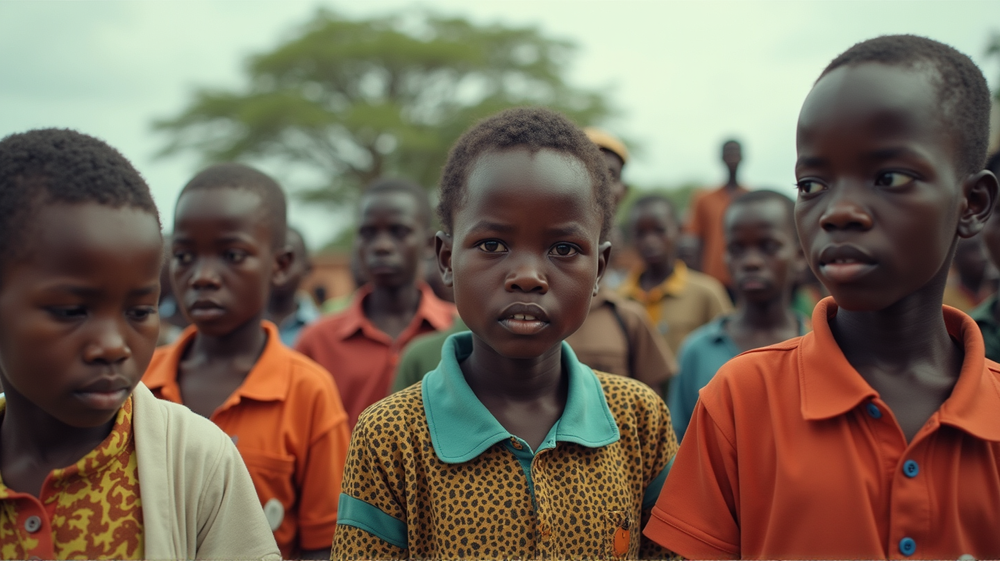As Malawi counts votes following a crucial presidential election, the nation finds itself at an economic and environmental crossroads. Seventeen candidates stood for the election, but the main showdown was between Lazarus Chakwera and Peter Mutharika.
A Nation Under Pressure
Malawi is grappling with its worst economic crisis in decades. Soaring inflation, food shortages, and climate change impacts, such as serious droughts and devastating cyclones, have created an urgent need for effective leadership. According to Al Jazeera, the World Bank reports that a staggering 70% of Malawians survive on less than $2.15 a day, highlighting the stark economic challenges the country faces.
Presidential Showdown
Lazarus Chakwera, the incumbent, is promising economic reforms and a revival of trust in government, while his opponent, Peter Mutharika, pledges to revive infrastructure development despite past corruption scandals during his tenure. Both candidates, however, face persistent allegations of corruption, which adds to their complex political landscapes.
Anxious Voices, Eager Eyes
Voters lined long at polling stations, eager for change, though the initial surge dropped to a 51% turnout by midday, a notable decline from past elections. This signals either voter fatigue or growing dissatisfaction with current political options.
Echoes of History
Chakwera and Mutharika, having clashed at the polls before, have left clear imprints on Malawi’s political landscape. Their ongoing rivalry reminds voters not just of past leadership challenges but also of the need for transformation in dealing with pressing national issues.
The Economic Challenge
As Malawi continues to reel under high inflation rates and agricultural dependencies, the new president’s policy decisions will be crucial. Climate change has not spared the nation, with Cyclone Freddy’s wrath still fresh in the memories of many Malawians, and ongoing droughts exacerbating food insecurity.
Awaiting Results
Malawi waits with bated breath for provisional results, expected soon. Should no candidate clear the 50% mark, the country might face a run-off, further prolonging the anxious wait for definitive leadership.
As the vote-counting continues, the hopes and future of Malawi hinge on leadership that can weather present economic storms and lay paths to rehabilitation and growth.












